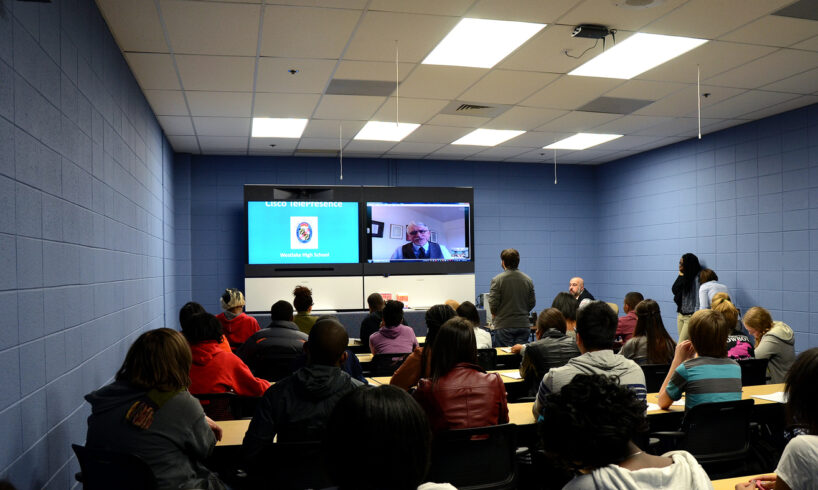
The Michigan Department of Health and Human Services (MDHHS) has dropped its recommendation to mask indoors in most settings as Michigan enters a “post-surge, recovery phase.”
“This is good news for Michigan,” Gov. Gretchen Whitmer said in a statement. “While Michigan hasn’t had statewide mask policies since last June, this updated guidance will underscore that we are getting back to normal. Let’s keep working together to build on our momentum so we can keep our kids learning in person.”
Exceptions include high-risk settings such as long-term care facilities, homeless shelters, correctional facilities, jails, health care facilities, and isolation and quarantine.
“For the past several months, we have been in a response phase as COVID-19 cases and hospitalizations surged,” MDHHS Chief Medical Executive Dr. Natasha Bagdasarian said in a statement. “With the continued decline in cases and hospitalizations, we are now entering a post-surge, recovery phase. As we move through the phases of our COVID-19 response our recommendations will be updated to reflect the current status of transmission, but we will continue to prioritize public health and promote health and wellness for all families and communities.”
The conservative Michigan Freedom Fund executive director Tori Sachs criticized Whitmer for waiting so long to change the rule.
“After repeatedly breaking her own rules and recommendations, Whitmer has finally dropped the nonsensical mask guidance, yet thousands of students across the state are still under the rule of forced masking,” Sachs said in a statement.
“Shame on Governor Whitmer for waiting this long and prioritizing politics over our kids’ mental health and future.”
At least eight Michigan Counties will drop their mask mandates; however, individual students and schools can choose or mandate wearing masks.
MDHHS said future COVID-19 cycle will be three phases:
- Response – Local and state public health implement rapid response to a surge. The public may be advised to increase masking, testing, and social distancing.
- Recovery – Post-surge. No immediate resurgence predicted. Local and state public health will monitor conditions that could lead to future surges.
- Readiness – An expected surge in cases with implications that could burden hospitals. Increased communication to the public regarding possible new risks.
The changed rule follows Whitmer signing into law a $1.2 billion COVID recovery package that includes $367 million to expand epidemiology and lab capacity; $300 million to recruit and retain health care; and $150 million for school safety grants.
Other spending includes:
- $100 million to COVID testing and treatment centers.
- $70 million to adult homes for the aged.
- $54 million for vaccine grants.
- $29 million to nursing home infection control.
- $10 million for a new state public health and environmental science laboratory.
This article was originally posted on Michigan drops most indoor mask recommendations